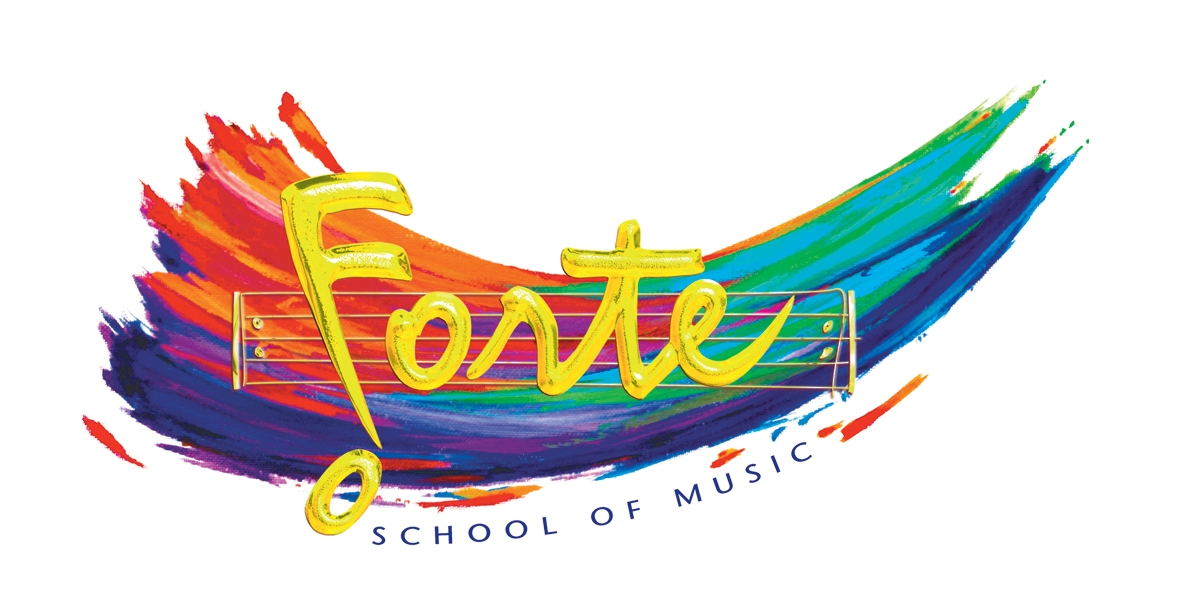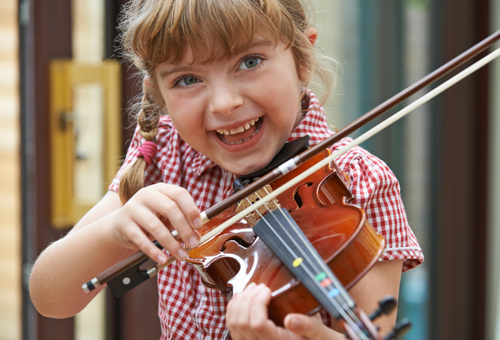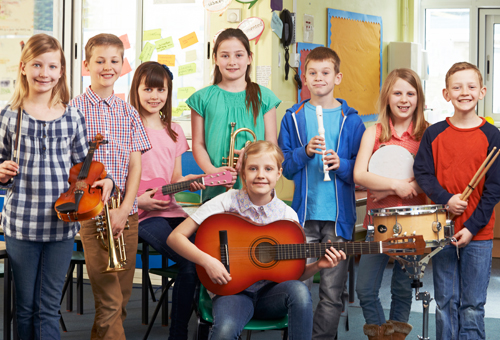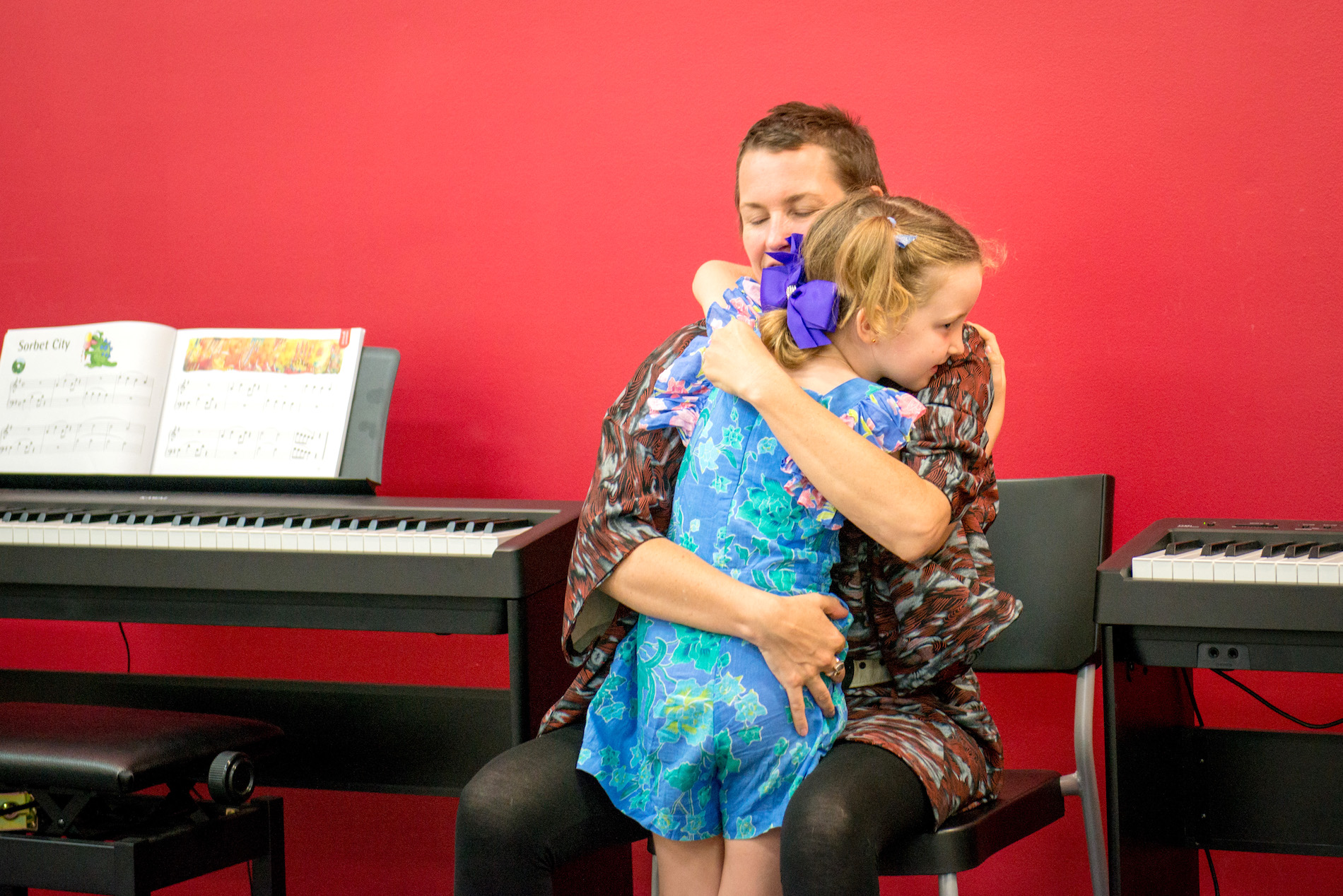Watch Professor Nina Krauss on YouTube.
Learning Music Unlocks Your Child's Potential
(and the scientific evidence to prove this)
Learning music is an enriching, enjoyable, and rewarding activity for you or your child.
But did you know that regardless of your child's age, learning music can offer numerous benefits that will positively impact their lives? Let’s explore the incredible advantages of music education, backed by scientific research, and explain why it's an investment worth persisting with for your child's development, especially in their teenage years.
Enhanced Cognitive Skills
Research has shown that children who learn music exhibit stronger cognitive abilities than their non-musical peers (Kraus & Chandrasekaran, 2010). For example, musically trained children demonstrate improved memory, attention, and problem-solving skills. Music education strengthens the same aspects of brain function that are crucial for language and learning, making it a valuable tool for your child's intellectual growth.
Improved Language Development
Music and language share similar neural pathways in the brain, and learning music can significantly improve your child's language skills (Strait & Kraus, 2011). Studies have identified that children with musical training are better at perceiving speech in noisy environments (Slater et al.) and show enhanced neural timing precision, essential for differentiating between speech syllables (Kraus & Chandrasekaran, 2010).
Boosted Social Skills
Music education provides a unique opportunity for children to interact with their peers, collaborate, and form strong bonds. Learning to play an instrument or participating in a choir or band encourages teamwork, communication, and empathy. These social skills are invaluable and will serve your child well throughout their life.
Increased Confidence and Self-Esteem
Mastering an instrument or performing in front of an audience can give your child a tremendous sense of accomplishment and pride. This achievement fosters confidence and self-esteem, empowering them to take on new challenges and believe in their abilities.
Encouraging Creativity and Self-Expression
Music provides a wonderful outlet for creativity and self-expression. By learning to play an instrument or compose music, your child can explore their emotions, thoughts, and ideas in a unique and constructive way. This creative process can be immensely satisfying and therapeutic, helping them navigate the complexities of life.
Music for All Ages
The benefits of learning music extend across the entire lifespan, from infants to older adults (Skoe & Kraus, 2012; White-Schwoch et al., 2013). Research has found that even a few years of early music education can result in lasting benefits for brain processing and cognitive function. Whether your child is just starting to explore the world of music or has already developed a passion for it, now is the perfect time to invest in their musical journey.
Remember that even in tough times, music education is a powerful tool that will enrich your child's life in countless ways. By providing them with the opportunity to learn music, you're nurturing their cognitive, social, emotional, and creative development. Don't miss the chance to unlock your child's potential - encourage them to embark on a musical adventure today.
References:
Kraus, N. & Chandrasekaran, B. (2010). Music training for the development of auditory skills. Nature Reviews Neuroscience, 11(8), 599-605.
Slater, J., et al. (2015). Longitudinal evidence of improved speech-in-noise perception with musical training.
Skoe, E. & Kraus, N. (2012). A little goes a long way: how the adult brain is shaped by musical training in childhood. The Journal
















– SANDY